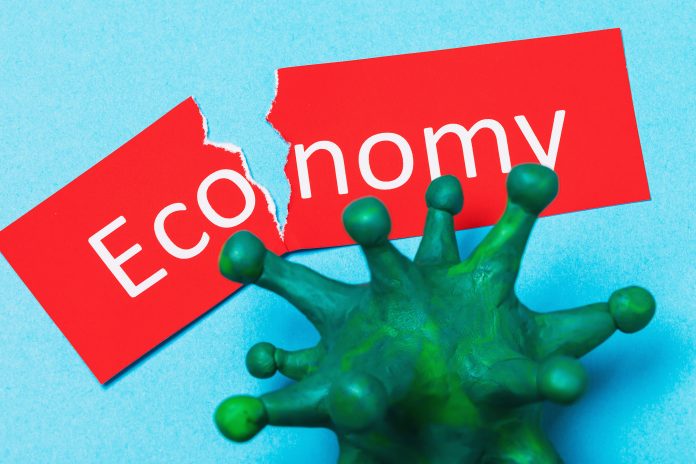Kenji Yamada, CIIA, Managing Director & CIO, Geneva Management Group, says that opportunities will arise and investment confidence will return with medium-and long-term recoveries, mitigating COVID-19’s impact on the economy
In just a few short months, a virus that originated in the East has created a pandemic knocking the whole world off course, not least of which in developed countries.
A long incubation period, exacerbated by asymptomatic carriers and an unprecedented infection rate, has seen measures to contain the COVID-19 virus consuming all international efforts to do so. The World Health Organisation (WHO) estimates that one in five of those infected will develop a severe form of the disease, possibly even resulting in death and placing the elderly and those with certain pre-existing health conditions at even greater risk. It is in particular in protecting these high-risk categories where large-scale measures are being focused.
Indeed, it is against these measures taken by the authorities to minimize the contagion and “flatten the curve” that the greatest negative impact ever felt in the global economy is playing out.
Supply chain
On the supply side, the constraint placed on the labour force is the main cause of the weakening. Manufacturing requires the physical presence of workers in factories, and it is here, in quarantining them, where the most obvious consequences are evident. When confinement occurred in Wuhan, China, production lines all but stopped entirely (the most evident sign of which was a significant drop in pollution levels).
Customer offerings have been relatively less impacted among service-based companies, with many implementing work-from-home scenarios, curbing in-person meetings and placing a moratorium on business travel.
As both effective and disruptive as all these measures have been, it is possible that business could recover significantly once the course of the virus slows down. However, for now, the ability of business to be resilient through this unforeseen time, combined with the effectiveness of liquidity distributions via various financial institutions and governments, will be key to weathering the storm.
Smaller companies, not having the scale of listed companies, are naturally even more at risk. And while one might think that the difficulties they face will not impact on stock exchanges, what must be considered is the impact risk on the demand side in the longer term. The pressure on the income of smaller businesses, or even its disappearance entirely, can lead significantly to a reduction in consumption. Or, at the very least, alter the model. While the effect of this reduction may only really be felt in medium- to longer-term, consumption – the primary driver of the economy – it certainly impacts the short-term as well.
Transport and tourism
Transport and tourism are also severely affected, not only by the restrictions in place but by the fear COVID-19 causes among travellers, exacerbated by the possibility of being stuck in quarantine far from home. Meanwhile, the sector’s customer service industries linked to discretionary consumption – hotels, restaurants and leisure activities – suffer significantly.
The emotional turmoil that will drive market trends in the short-term are top of mind right now as the observable effects of this pandemic remain omnipresent in our daily lives. From the cancellation of trips as well as cultural and artistic events to the closure of restaurants, shops and schools, these are the things that weigh heavily on market sentiment and their impact can by no means be underestimated. Therefore, despite significant progress at international level, we believe the declaration of stability made on 11 March by the WHO is premature and, at this point in time, it remains difficult to imagine anything in the short-term other than sustained volatility in the market.
Consumption
Assuming that the pandemic will reach an actual point of stabilisation within the next few months, the question still remains as to how consumption will evolve in both the medium- and long-term. This relies not only on the complex issues around the intensity and duration of the crisis but also on the behaviour of individuals. Add to this that politics may also be influenced by current events; for example, a resurgence in the United States of protectionism vis-à-vis China, fueled by presidential campaigning, could rupture the already fragile relations between the two nations.
Economic rebound
However, the recovery of activity, currently hampered mainly by the preventive measures that can immediately be withdrawn, has strong potential for an economic rebound. It is against this background, and in the hope of avoiding unwelcome hasty decisions, that patience in identifying the opportunities that are bound to arise will be rewarded. But above all else, it is vital that convictions in currently held investments are maintained. These are priorities for any investor navigating the market through COVID-19’s stormy waters.











